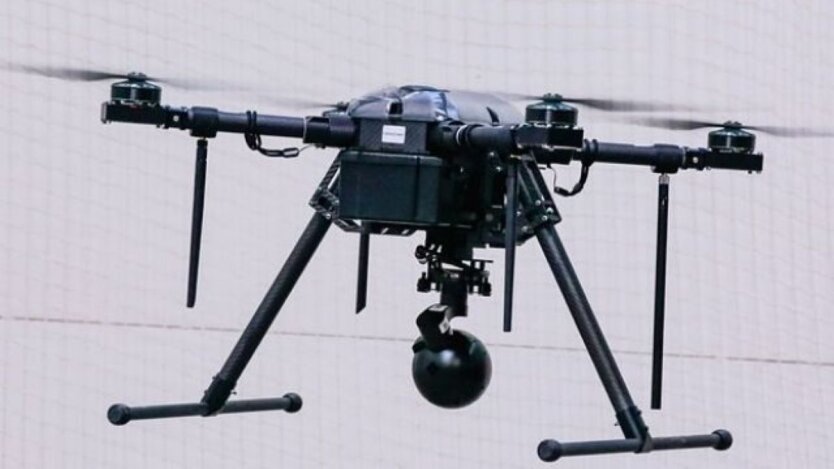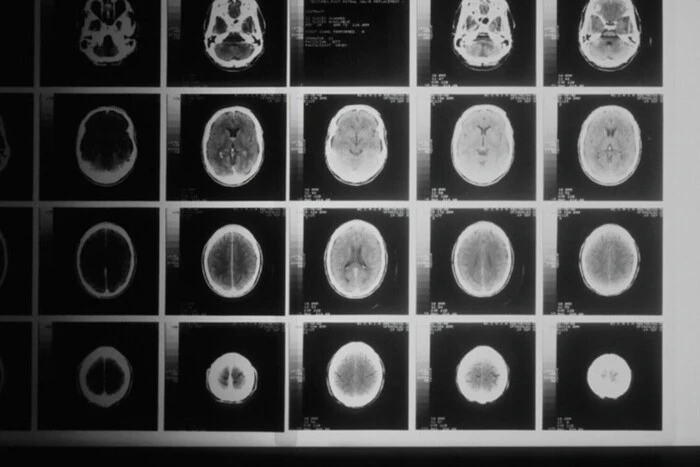Russia launches mass production of fiber-optic drone - Media.


In Russia, the production of the drone 'Prince Vandal Novgorodsky' has begun in three regions. This drone is an innovative weapon controlled through a fiber-optic cable and was developed at the research and production center 'Ushkuynik'. It has advantages over conventional drones since it does not depend on radio signals and is not subject to electronic interference. Moreover, its feature is a high data transfer rate - 1 gigabit per second in both directions.
The drone can carry a cable up to 20 kilometers long, but it has certain disadvantages, such as reduced maneuverability and the possibility of snagging on obstacles. Nevertheless, 'Prince Vandal' demonstrates considerable accuracy in hits and has great potential in military operations.
The production of this drone in Russia is scaling quickly. Factories across the country can produce 6000 units per month. Ukraine is also conducting research in the field of fiber-optic drones, but its production lags behind that of Russia. The technological race in unmanned systems continues, and no one can yet claim victory.
Analysis:
Fiber-optic drones are an important area of military development as they allow avoiding electronic interference and ensure high accuracy in hits. However, such systems also have their drawbacks, particularly the inconvenience of use due to snagging on obstacles and reduced maneuverability. The technological race between Russia and Ukraine in this field continues, but so far, no one has an advantage. Progress in unmanned systems continues to stimulate the development of new means of protection and counteraction.
Read also
- YouTube blocked the channel of the fugitive MP Dmytruk in Ukraine
- North Korean IT Workers Invented a Scheme to Steal Military Secrets from the USA
- More robots than humans will work in Amazon warehouses
- Steve Jobs Predicted the Emergence of ChatGPT 40 Years Ago (Video)
- Record May: Which Electric Cars Are Chosen by Ukrainian Drivers
- Microsoft's Artificial Intelligence Outperformed Doctors in Diagnosing Complex Diseases










